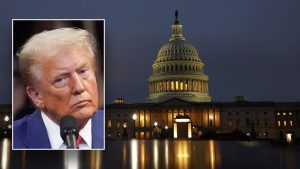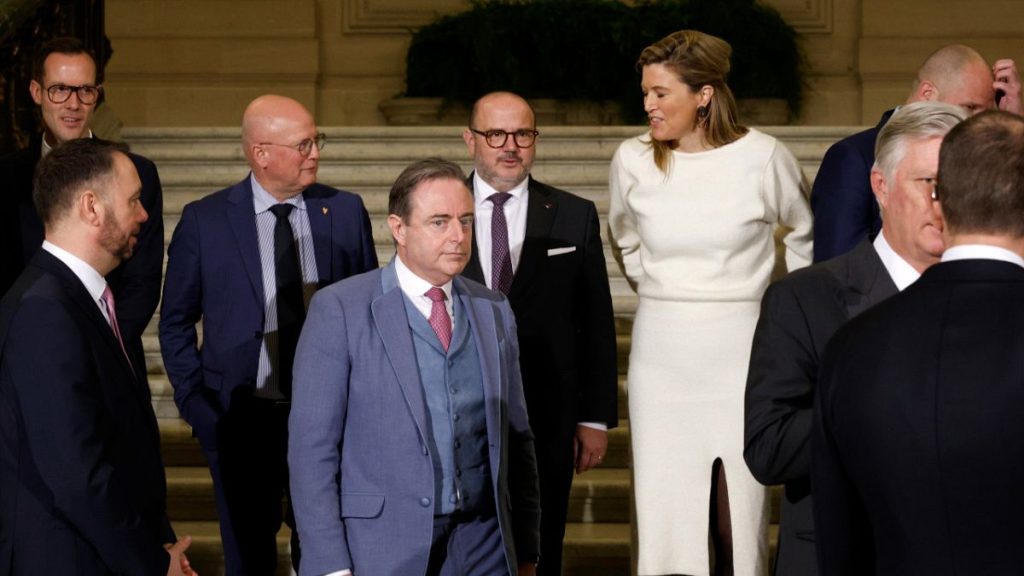The Paradoxical Premiership of Bart De Wever: A Nationalist at the Helm of a Unified Belgium
Belgium’s political landscape has undergone a significant transformation with the appointment of Bart De Wever, a Flemish nationalist, as the country’s new prime minister. This landmark event follows seven months of intense negotiations to forge a five-party coalition government, marking a notable shift to the right. De Wever’s ascent to power presents a paradox: a staunch critic of the Belgian federal government now leads it, a situation described by political scientist Pascal Delwit as "quite surreal." This unconventional scenario underscores the complex dynamics of Belgian politics, where a politician who built his career opposing the federation now assumes its leadership.
De Wever’s N-VA party has joined forces with a diverse coalition comprising the centrist Christian Democrats, the leftist Vooruit, the francophone center-right Reformist Movement, and the centrist Les Engages. This eclectic alliance reflects the intricate web of political forces in Belgium and the necessity of compromise to form a functioning government. While De Wever has moderated his earlier calls for Flemish independence, his appointment still marks a significant moment for the country’s political future. The new government faces the challenge of navigating diverse ideological viewpoints while addressing critical national issues.
A key focus of De Wever’s premiership will be decentralization, shifting power away from the federal government to Belgium’s regions. This includes granting more autonomy to federal entities in managing jobseekers and enhancing the role of the country’s provinces in international affairs. However, this regionalist agenda may encounter resistance from coalition partners who hold less fervent views on decentralization. Balancing the competing interests within the coalition will be crucial for the government’s stability and effectiveness.
The coalition agreement reflects a clear rightward shift in Belgian politics. Two main thrusts dominate the government’s agenda: implementing a right-wing socio-economic policy and adopting a stricter stance on immigration, aligning with broader trends observed across Europe. These policy directions will likely have substantial implications for the country’s economic and social fabric. The government plans to curb public spending to control the state deficit, implement labor market reforms, and harmonize pension schemes across public and private sectors. These measures aim to address economic challenges but could face opposition from labor unions and other stakeholders.
De Wever’s immigration stance echoes sentiments shared by many European leaders. His early engagement with EU counterparts immediately after being sworn in signals his intention to actively participate in shaping European migration policies. This alignment with broader European trends suggests Belgium’s foreign policy under De Wever will likely prioritize collaboration on issues of common concern.
The formation of this coalition government under De Wever’s leadership represents a significant turning point in Belgian politics. The eclectic composition of the government and the contrasting ideologies within the coalition pose challenges for its long-term stability. De Wever’s ability to manage these internal tensions while pursuing his ambitious decentralization agenda and socio-economic reforms will be critical to the success of his premiership. The government’s rightward shift and its stance on immigration will likely shape the country’s political and social landscape in the coming years, potentially impacting its relationship with the broader European Union.










